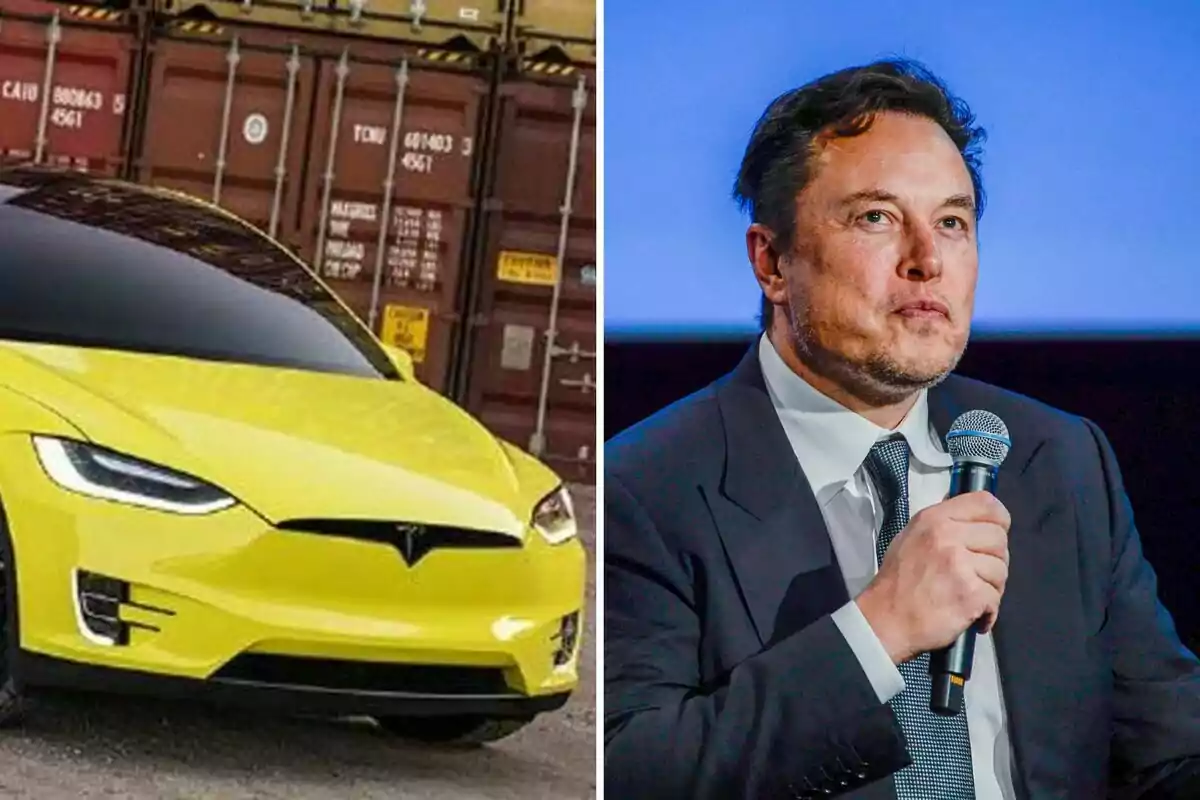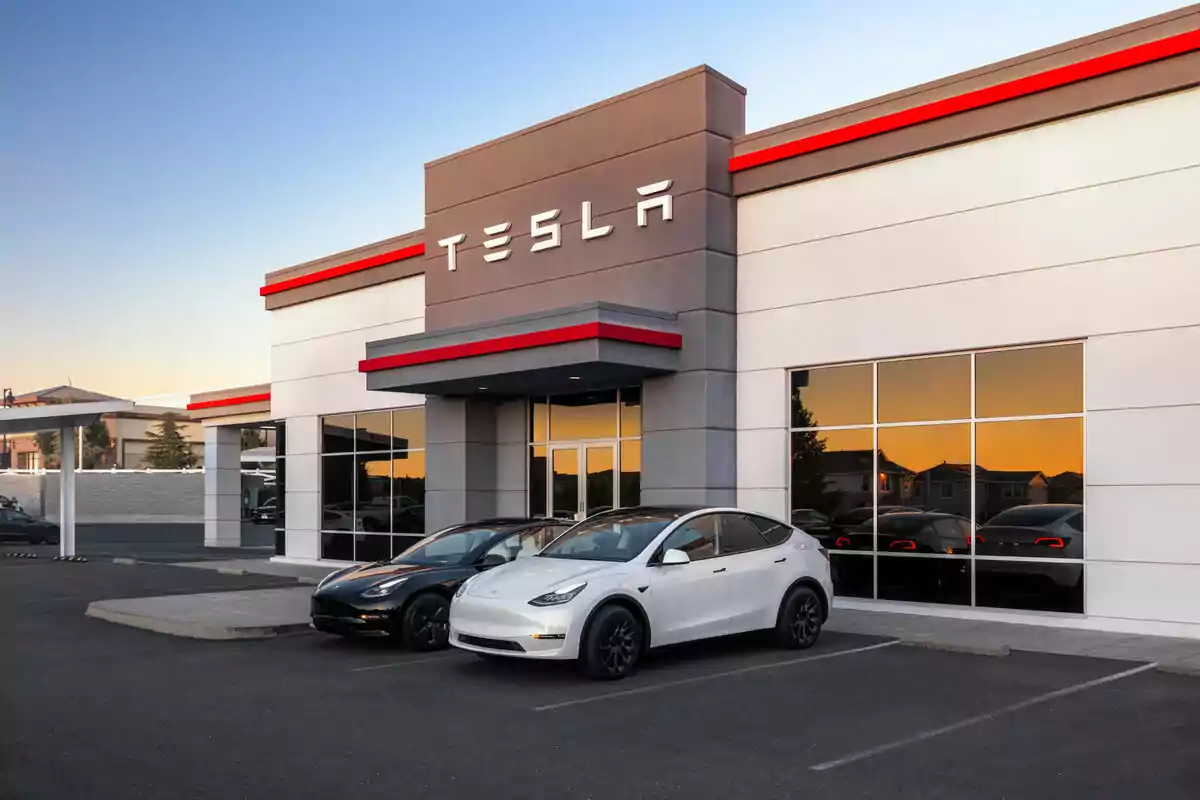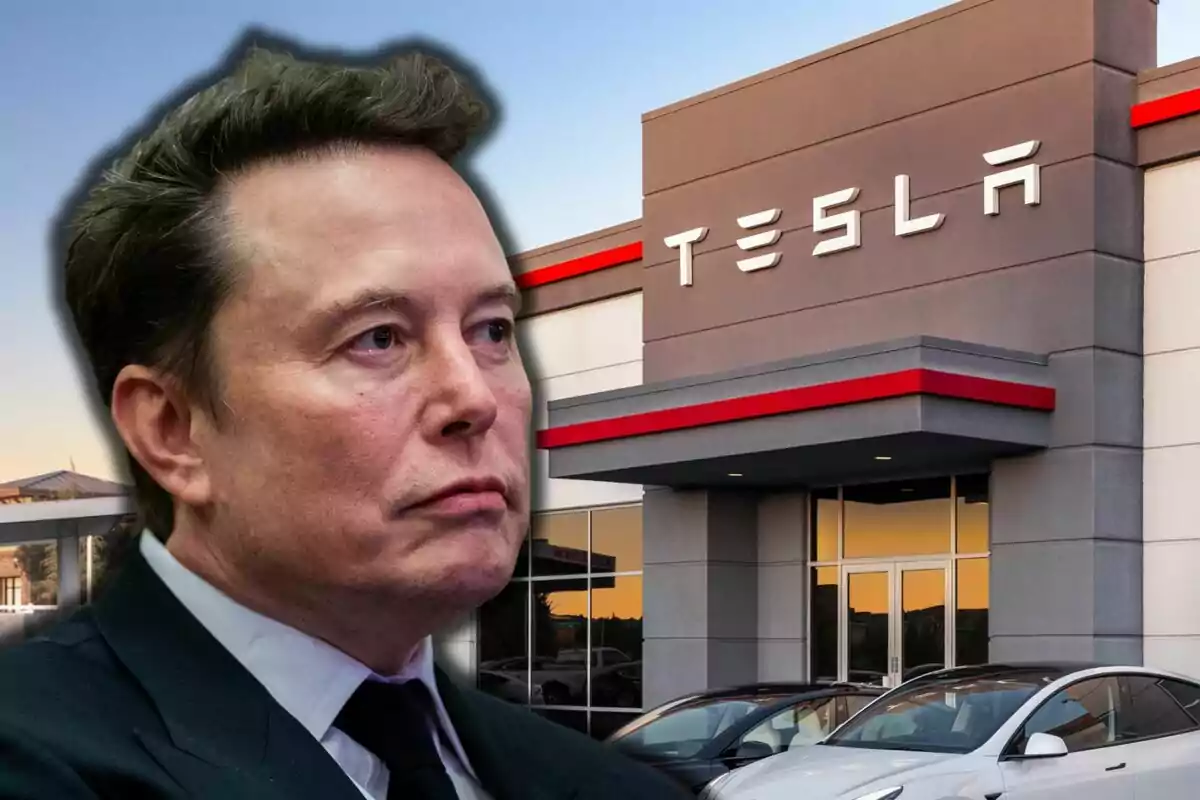Elon Musk remains in the spotlight of current news. Now, for a significant reason. The wealthy entrepreneur has just announced a new turn in his professional life.
Specifically, the magnate has confirmed his decision to refocus on Tesla. This comes after announcing that he will leave his position at the helm of the controversial DOGE next month. According to his statements, he will only dedicate one or two days a week to that role, promising to reinvest his time in the company's management.

However, the key question many are asking is whether this move comes too late to reverse the damage already done to the brand. Since Elon Musk took on a more active political role and aligned himself with Donald Trump, Tesla has seen its reputation deteriorate. The consequences have been swift: protests in front of its showrooms, acts of vandalism, and the largest quarterly sales drop in the company's history.
A collapse in Tesla's profits
During the first quarter of 2025, Tesla's net profits plummeted by 71%, causing great concern among investors. Although Tesla's shares rose slightly after Elon Musk's announcement, some experts believe the damage is already done. Dan Ives, an analyst at Wedbush Securities, estimates that demand could permanently decrease by 10% due to the entrepreneur's political exposure.
"The damage to the brand caused by Elon Musk in the White House and the DOGE won't disappear with this decision," he warned. Meanwhile, the protagonist has denied that his political stances have harmed Tesla. Instead, he blamed "paid protesters" and alluded to macroeconomic factors to justify the sales decline.
However, other car manufacturers, especially those producing electric vehicles, have reported growth in the same period. Vaibhav Taneja, Tesla's CFO, acknowledged that vandalism and hostility toward the brand have had a real impact. Meanwhile, harsher critics, like Gordon Johnson of GLJ Research, claim that the damage caused by Elon Musk is "100% irreversible."

Kelly O'Keefe, founder of Brand Federation, was even more blunt: she described the situation as a "brand homicide." According to her, Tesla went from being a symbol of concern for climate change to a brand that generates rejection. With Tesla in the midst of an identity crisis, Elon Musk's return may not be enough to regain lost trust.

